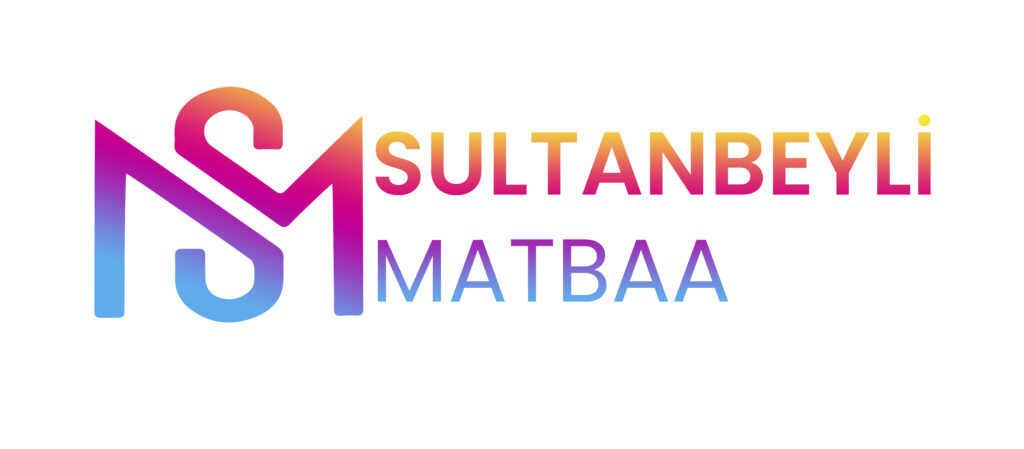This research lined up to explore new heuristic property value a good generational direction to better capture the latest diversity and you can progression of internet dating certainly MSM, reacting practical question: How did online dating means progress around the after that generations out-of MSM? The fresh questionnaire efficiency indicated that in past times, using relationships and you will hookup websites and software when you find yourself examining the sexuality hugely differed regarding access to, echoing Gudelunas (2012a). In the current, most of the generations excitedly have fun with matchmaking and you may connections internet sites and apps, however their uses differ with regards to preferences to get more targeted gay-only sites and you will software such as PlanetRomeo (Middle-agers and Age group X) versus new programs eg Grindr (like preferred one of Millennials) and more open programs such as for example Tinder (certainly one of Generation Z). , (2018, 2019) and get shows more ranged and you may fluid sexual and gender identifications why do Yokosuka women like white men certainly one of more youthful generations because included in this or other research (Persson mais aussi al., 2020; Russell mais aussi al., 2009). Full, such quantitative results mean a primary variety of motion: the latest altering uses and you may enjoy regarding online dating around the additional years.
The new conclusions performed show this new versatility of this means, exposing clear differences in the net relationships strategies and you will experience out of different generations

The brand new interviews allowed to qualify and you may interpret such activities. For this reason, it turned clear one internet dating try truly section of the generational semantic (Aroldi & Colombo, 2013) or habitus (Meyen mais aussi al., 2010) on a few youngest generations whom grew up with electronic news, however some of one’s Seniors experienced a sense of alienation, echoing new findings of ). not, this could partly become a years feeling, linked to the life span phase of people during the time of one’s interview, and therefore verifies the value of a lifetime path strategy (Lee Harrington & Bielby, 2010; Wheatley & Buglass, 2019). If you find yourself Baams ainsi que al. (2011) debated that people who didn’t have access to the internet through the sexual title creation put it to use so much more to own sexual contact compared to social telecommunications, all of our findings advise that this might be partially associated with certain requirements from users during the time of the research. Participants of your Child Boomer age bracket had already build the sexual identity whenever getting accessibility online dating sites, plus they utilized these eagerly to link before but now he or she is inside an existence phase in which sexual affairs getting less extremely important and/or more difficult. At the time of the analysis, Generation X and particularly Millennials was in its sexual jobs, which online dating apps were indispensable. Age bracket Z members remained exploring its sexual title, and even though it did use matchmaking applications so you can link, public connections was indeed especially important at this stage. Total, the latest qualitative results expose the second level of movement: this new changing uses and you can knowledge from dating in the lifestyle span of someone belonging to additional years, and this of numerous interviewees explain just like the a good training procedure.
Guys various generations has actually comparable requires (getting union, to possess sex) inside comparable lifetime stages, fulfilling all of them with the sites and you can programs offered at the time
At the side of these types of variations, and that confirm the new versatility regarding a great generational approach, we are able to together with observe similarities round the generations and therefore signal the fresh restrictions from an excellent generational method. This type of parallels could well be talked about in relation to the 3 templates discussed from the books review. Very first, in terms of the fresh negotiation out-of numerous sites and you can applications, MSM across the different years explored and put an array of relationship and link web sites and programs, reflecting this new moving on render. The end image, after that, was quicker one of four demonstrably line of years having independent on the web relationship experience, but instead certainly continued actions: a beat out-of MSM going right through more existence amount at varying years and also in a growing societal framework, encountering a previously-switching variety of websites and you may software with growing affordances. Next, when considering the assorted spends and effects regarding relationship and hookup sites and you may programs, you to definitely get across-generational seeking concerns its varied spends, most certainly not limited to hookups and you may sex. Some to your opposite, MSM round the different age group shown an identical ambivalence to your relationship and you may connection sites and you can apps, which they did play with and get essential, but that also crazy and often disgusted them, echoing the newest bad attitude linked to matchmaking recognized among others from the Miller (2015) and you can Mustanski et al. (2011). Third, this new interview as well as affirmed the new close matchmaking anywhere between matchmaking and you can off-line techniques across the generations, in accordance with the literary works discussed over (Mowlabocus, 2016; Roth, 2014). As area changed and homosexuality became a great deal more obvious and acknowledged inside Flanders, solutions grew to understand more about sexuality and affairs within the real life, first in loyal gay sites and soon after during the mixed configurations, off-line options that happen to be much more superimposed with internet connections.

